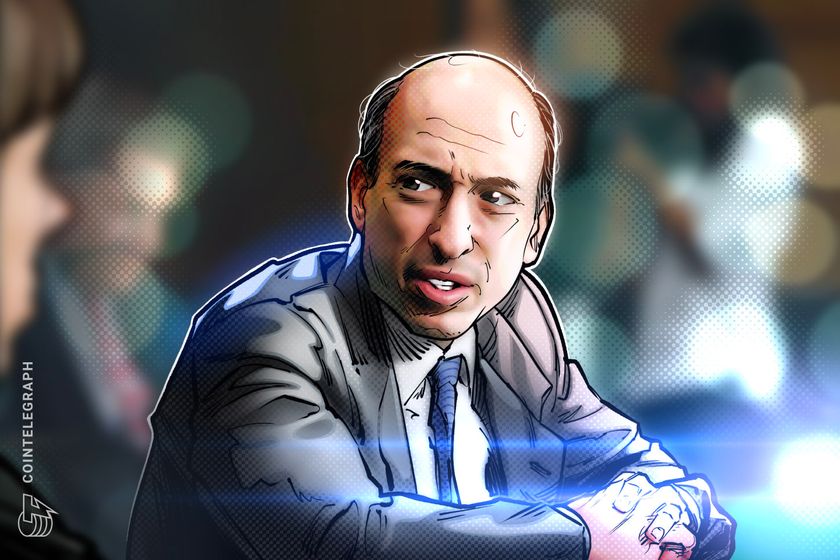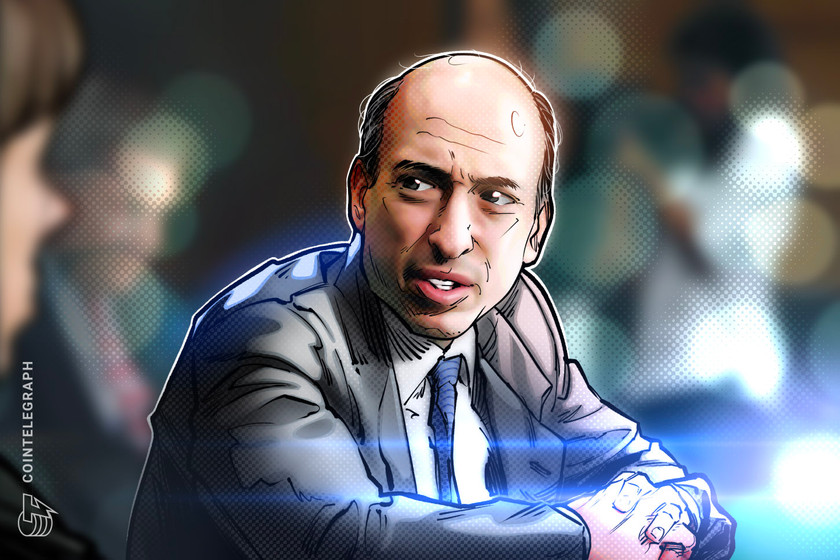Gensler hints Grayscale ruling forced SEC to take ‘new look’ at Bitcoin ETFs


The SEC chair could be softening his stance on Bitcoin ETFs following the Grayscale court victory, but if so, he hasn’t admitted it outright.
United States Securities and Exchange Commission (SEC) chair Gary Gensler has hinted that the regulator has been rethinking its approach to spot Bitcoin (BTC) exchange-traded products following a recent Grayscale court decision.
Speaking to CNBC on Dec. 14, Gensler was questioned about the long list of pending spot Bitcoin exchange-traded fund (ETF) applications. He said the SEC has “between eight and a dozen filings” going through the process at the moment.
“We had in the past denied a number of these applications,” he said before adding that the courts have weighed in on that. What followed was a statement suggesting that the agency could be changing its tack on Bitcoin:


















